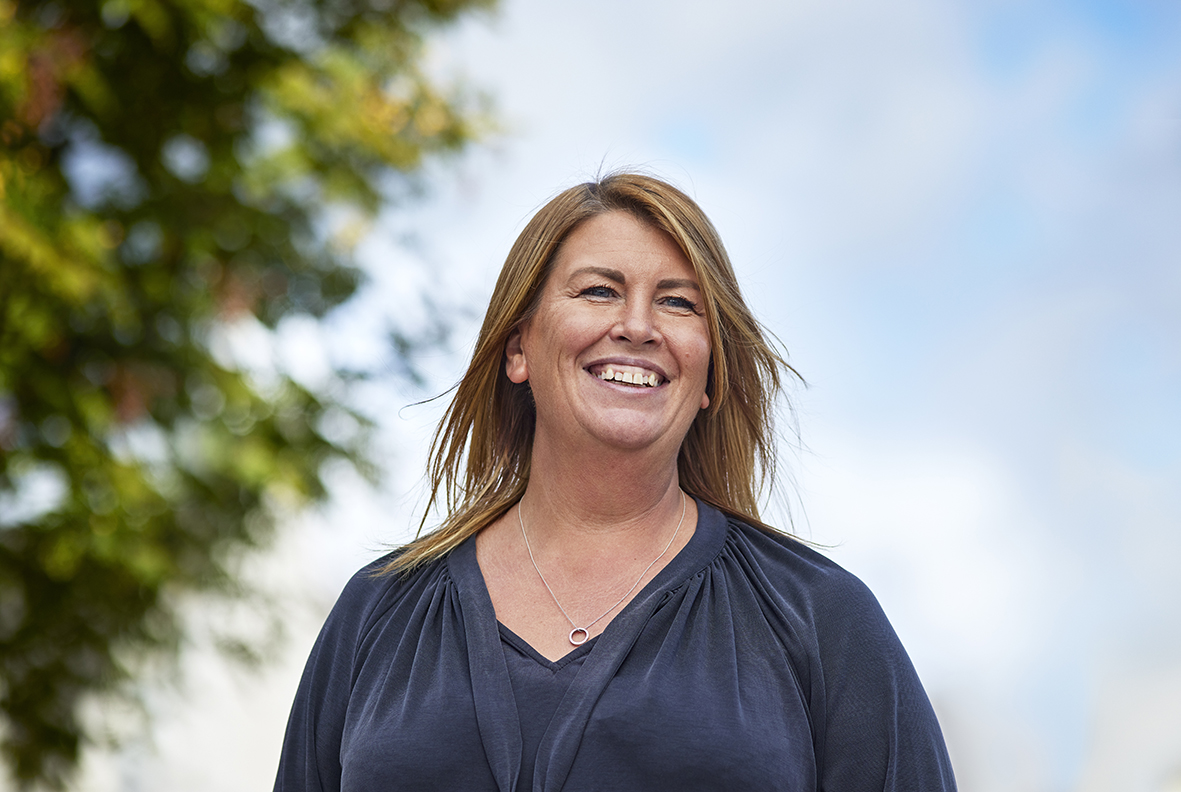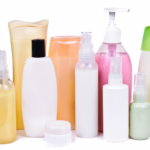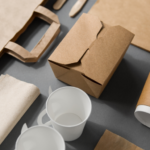‘Plastic Free July®’ has become a global movement. It was started in 2011 by a few people in the local Western Australian Government and now has over 100 million participants in 190 countries, but is it the only answer or indeed the answer at all?
Plastic Free July was founded to combat plastic pollution on our streets, oceans and communities which is undeniably an admiral cause, here are the facts:
- The world generates 400 million tonnes of plastic waste per year
- 79% of plastic waste is sent to landfill
12% of plastic waste is incinerated - 9% of plastic waste is recycled
- 12 million tonnes of plastic enters the ocean every single year
- 100,000 animals die from plastic entanglement each year
- 5.25 trillion microplastics may now be floating in the open ocean, weighing up to 269,000 tonnes
- Humans ingest 5 grams of plastic every week
- Covid 19 has added 25,900 tonnes of plastic pollution in the ocean
With these hard facts it’s understandable that plastic has been vilified for decades. However, plastic packaging can have a lower ecological footprint than ‘plastic-free’ alternatives, it can preserve and protect food products effectively reducing food waste, and it can save lives in the medical industry.
So my question is, does ‘plastic free’ really solve anything?
If we buy the same products then we would be looking for alternative packaging materials like glass, aluminum, bio-plastics and cardboard and although they may not end up ingested or killing animals due to entanglement, pollution would still exist. My opinion is that the real problem is behavioral.
When I say behavioral, this is twofold:
- Buying habits – convenience, all year-round seasonality, ‘throw-away’ and replace
- Responsible use & disposal – reusable items actually reused, recycle and compost
Buying habits
Plastic in general has grown from 2 million tonnes per annum in 1950 to 460 million tonnes in 20191, we simply buy more plastic products and pre-packaged goods. The ready meal industry is worth a staggering £0.42tn in 20232 and we buy fresh fruit, vegetables and produce all year round, not locally in-season. None of this is possible without light-weight, modified atmosphere packaging to transport product around the world and preserve it perfectly for our consumption – in most cases this is plastic.
If we are to solve the problem of plastic packaging pollution we have to educate and change buying behaviors. We need to buy locally, eat only in-season fruit, veg and produce, make from scratch rather than pre-packaged and pre-prepared, and bring back the skills to repair rather than replace.

Image: Ella
Responsible use and disposal
I find it unbelievable that in 2019 the UK average number of ‘Bags for Life’ was 57 per household3. Rather than a light-weight single use shopping bag we were buying ‘Bags for Life’ every single week we went shopping. Re-use is only a solution if items are actually reused, this may seem like stating the obvious, but behavior has to change. We need to recycle more responsibly and compost at home where we have space, but the real issue is behavioral, not packaging material.
I agree we need to use less packaging, but I am not anti-plastic, in many instances plastic is the right ecological solution for packaging specific products, but only if bought and disposed of responsibly. We have grown accustomed to living in a society dominated by overconsumption and convenience which has led to health issues and pollution, both of which are a risk to humanity. Simply changing the packaging substrate and not our behaviour will not solve the real issue.
Data sources: Earth.org, Condor Ferries ocean plastics insights, Surfers Against Sewage.




